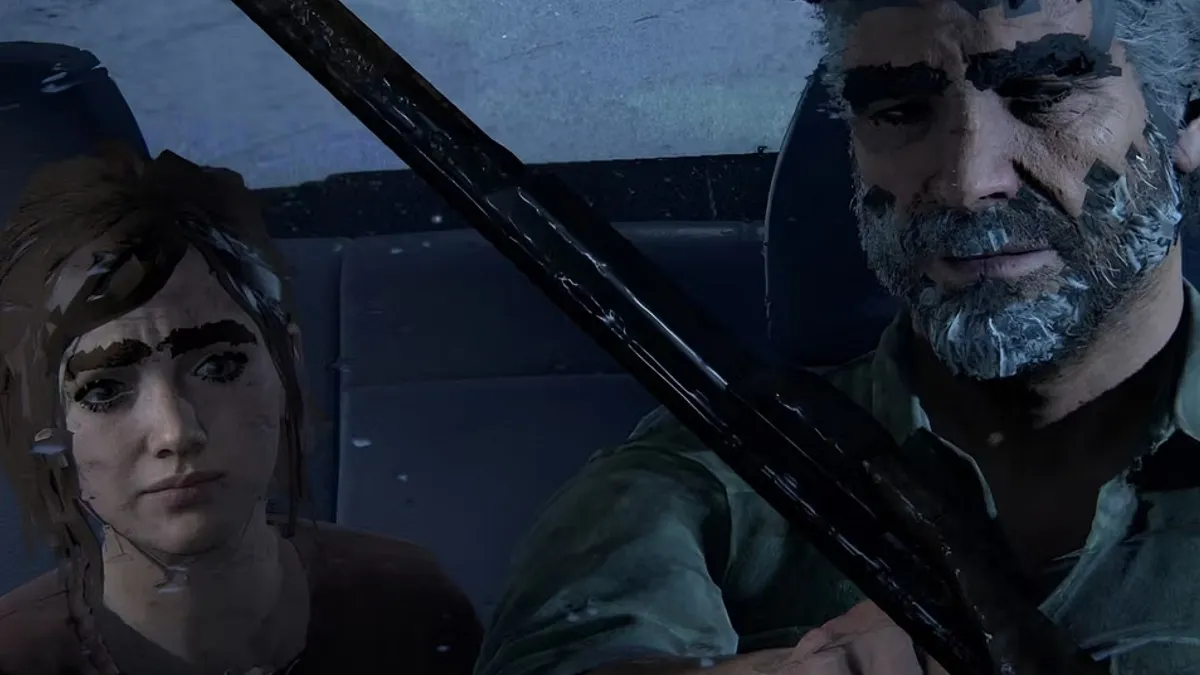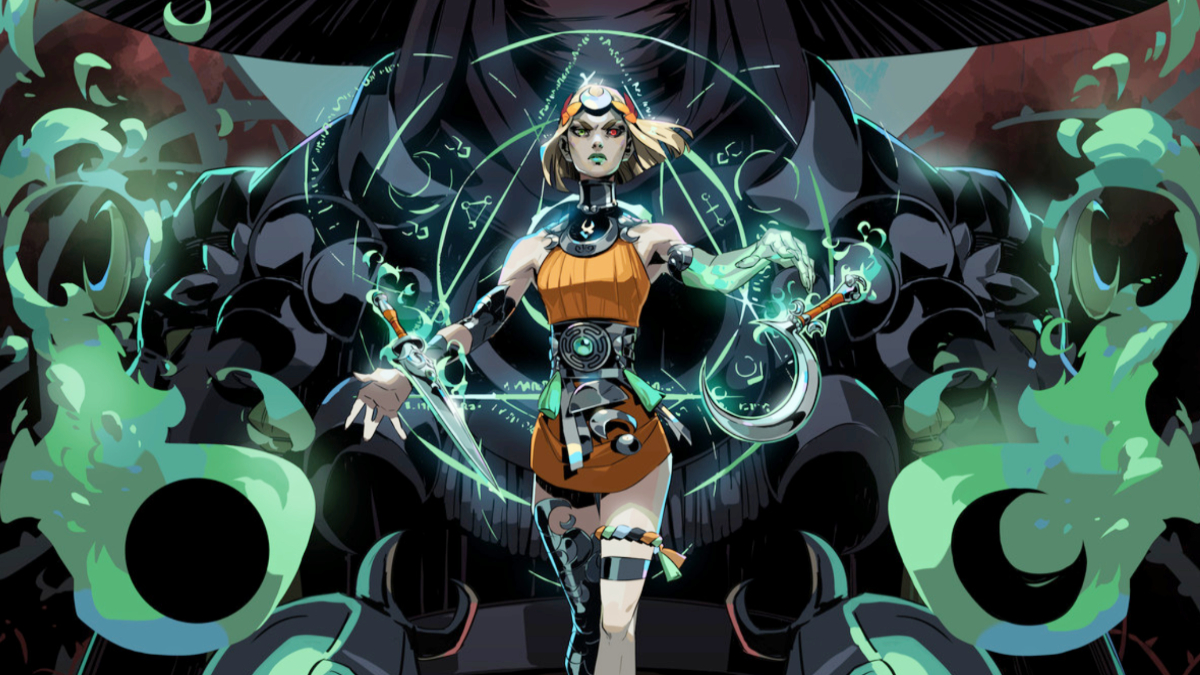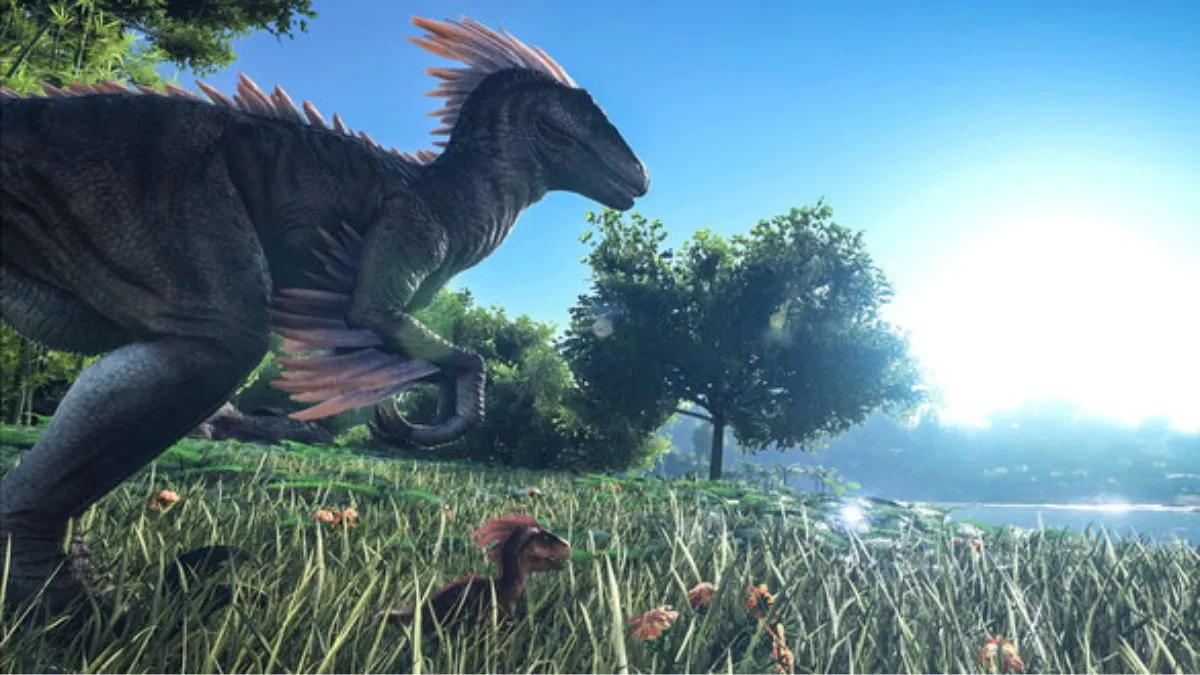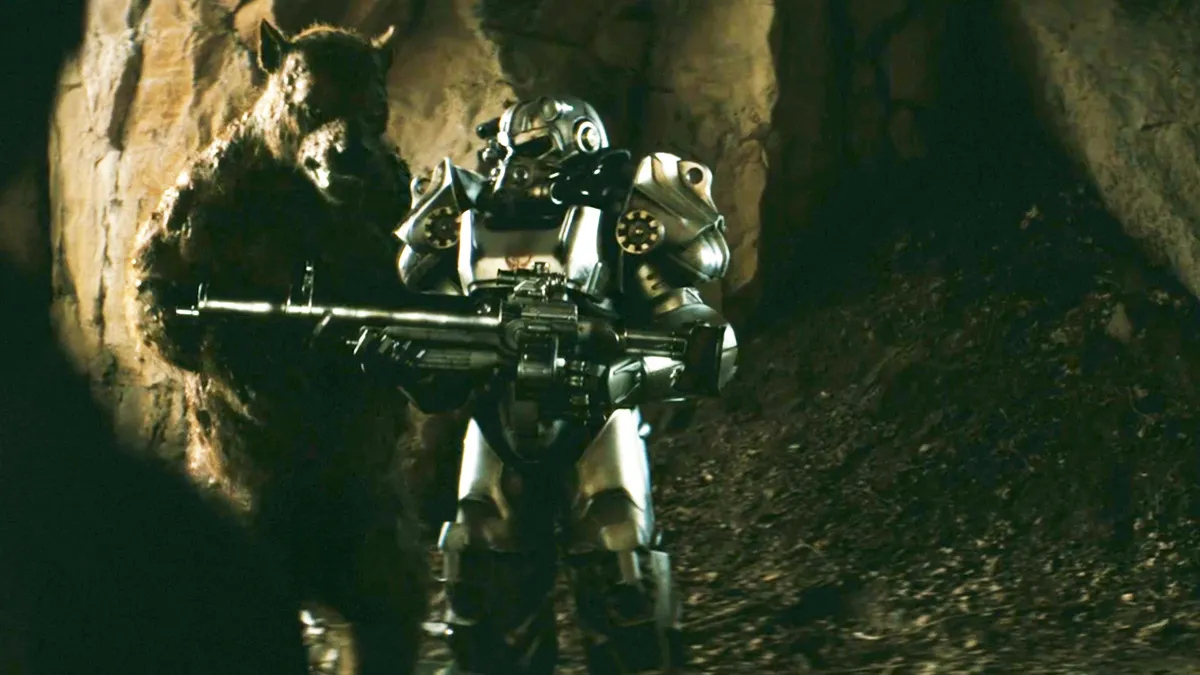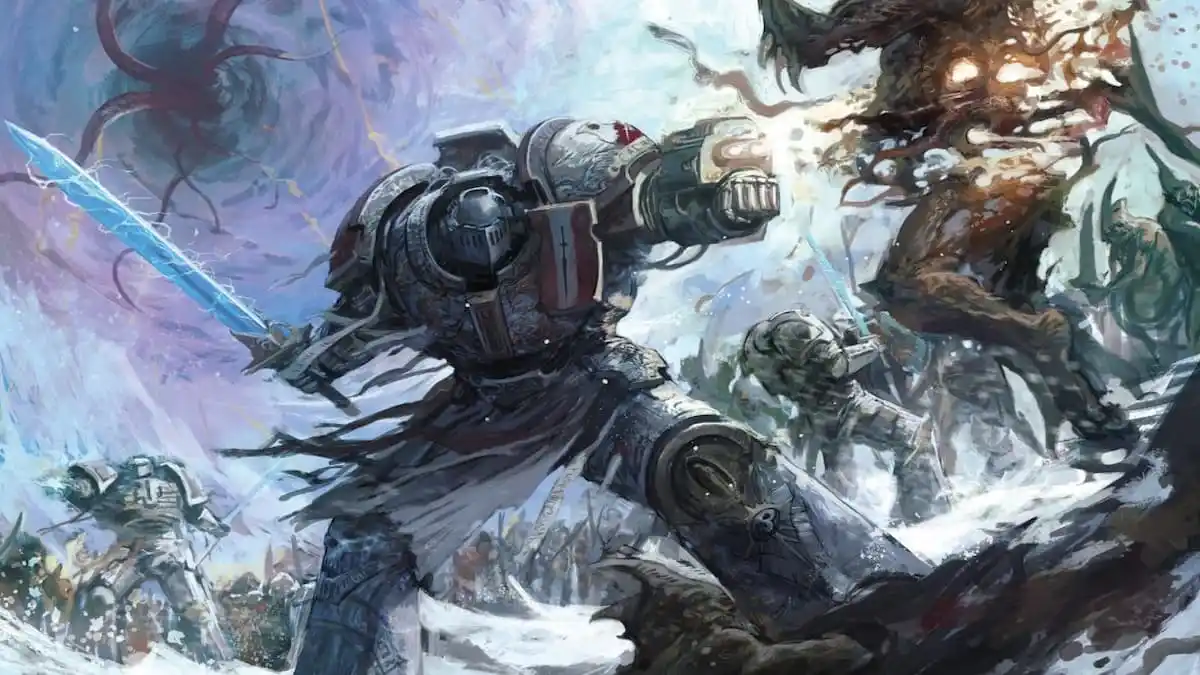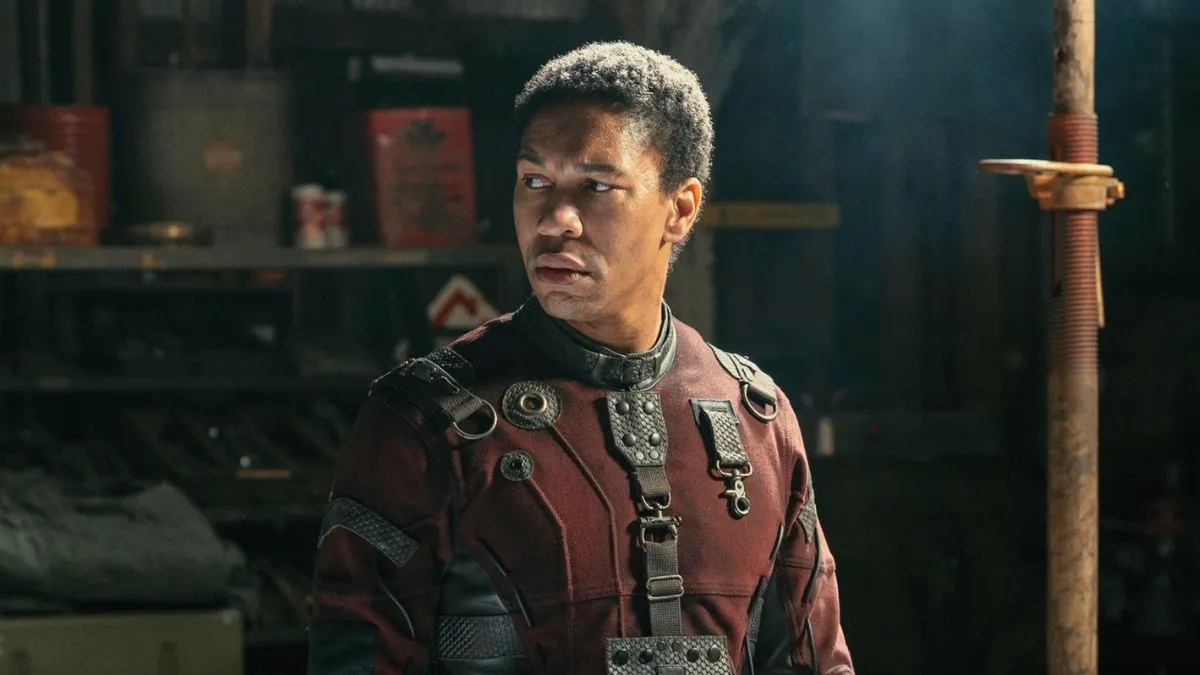Let’s not start off our discussion hurling around accusations — Naughty Dog’s The Last of Us is an IP juggernaut, the rare game that dominated the cultural zeitgeist for a decade straight while spawning a sequel and critically-acclaimed TV adaptation. It’s only fair that PC players finally get the chance to experience the game without having to shell out even more money, especially if they’ve already spent a chunk of change on a high-end graphics card. There’s gold in them there Steam Hills, with Spider-Man Remastered, Horizon: Zero Dawn, and God of War (2018) selling gangbusters for Sony and their respective studios. Sony and Naughty Dog’s most acclaimed game was always going to make the jump, it’s how it happened that’s worrisome.
Initially announced at The Game Awards last year, the port is based on the PlayStation 5’s The Last of Us Part 1, a sort of Frankensteined “modernization” of the 2013 original, which we enjoyed. The positivity didn’t stop the remake itself from feeling unnecessary; according to a report from Bloomberg back in 2021, the project was originally conceived by Sony Bend (of Days Gone infamy) as a demo to secure funding and greater trust within Sony proper. Instead, Sony cannibalized the small team and transferred development to Naughty Dog, where some of the same hands that originally crafted The Last of Us rebuilt, remodeled, and retextured the experience from scratch. Naughty Dog wanted everyone to have a chance to experience the world of The Last of Us in the highest fidelity possible; the added moniker of Part I was an attempt to streamline and better connect the game to its sequel. All of this — and the debate surrounding the ontological question of “is this game even necessary?” — are old hat, deader than a shivved Clicker. Sony wanted to raise hype levels for the forthcoming HBO adaptation, have the game tap into the power of the PS5, and make more money. That’s simple.
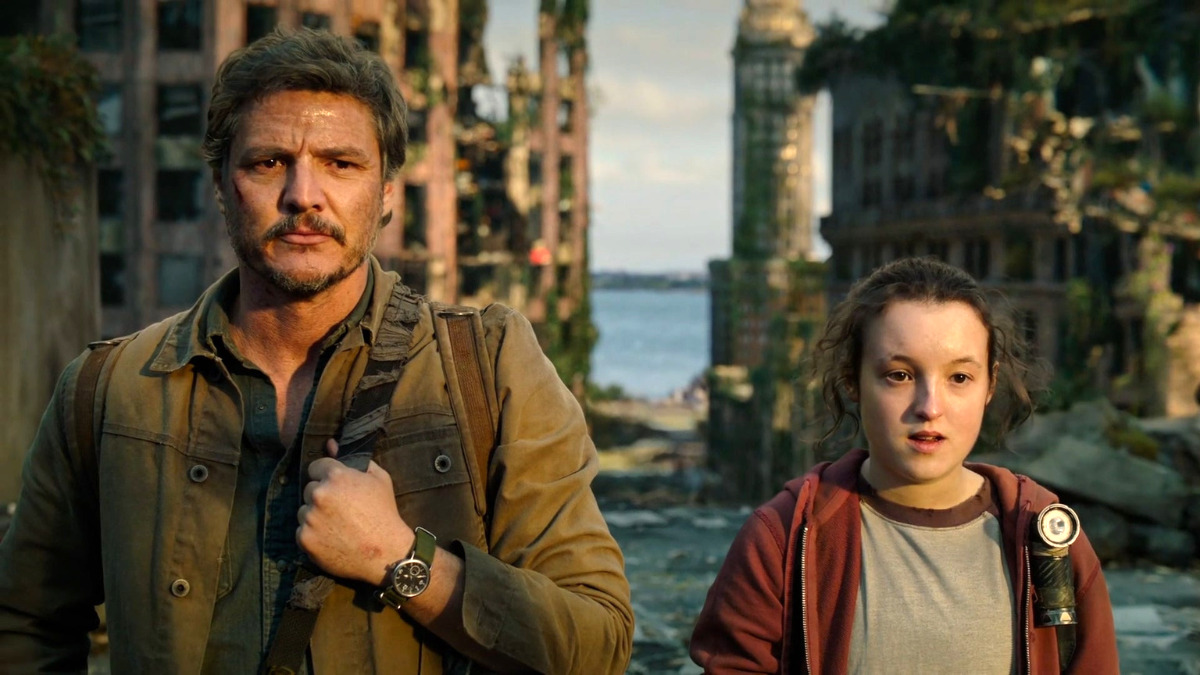
What’s unclear was the strategy surrounding the PC port, specifically the release date and choice of support studio. HBO’s The Last of Us — starring Pedro Pascal and Bella Ramsey — aired its first episode on January 15, and the season wrapped up on March 12. For nine glorious weeks, Joel and Ellie dominated popular culture, with fans and publications alike thirsting too much for Pedro Pascal as the internet’s “daddy” and Bella Ramsey becoming a new voice for non-binary representation in Hollywood. As someone who played the game, watching the show was a unique experience: certain shots elicited “third-person shooter” vibes effortlessly, emotional gut punches re-opened old wounds, and the deviations (however slight) were exciting. It wasn’t perfect — and showrunner Craig Mazin has made some concerning comments about the addition of more infected in season 2 — but it was well done.
So why couldn’t people play the game? “Spoilers!” You scream, so certain that this is the right answer that you smile smugly and prepare Twitter hordes to tear me down. But, historically, this hasn’t been the case. Think of the newest, biggest film or TV adaptation of a book, the recently released second season of Shadow and Bone works in our case. Someone watched the first episode and went to a bookstore (or if this is too outlandish, scrolled on Amazon), and… would you look at that — a copy of Shadow and Bone, fresh and reprinted with the actors from the show! Right next to it is Henry Cavill on the cover of The Witcher books, copies of Dear Edward marked with “now a series on AppleTV+”, and My Policeman with Harry Styles. It’s clear that the publishers and production companies want the book to sell, so they make it readily available for new audience members who are curious about the original story. Reading ahead isn’t a spoiler because adaptations shouldn’t aim to be exact replicas, they should make the most of the medium they’re being transferred to.
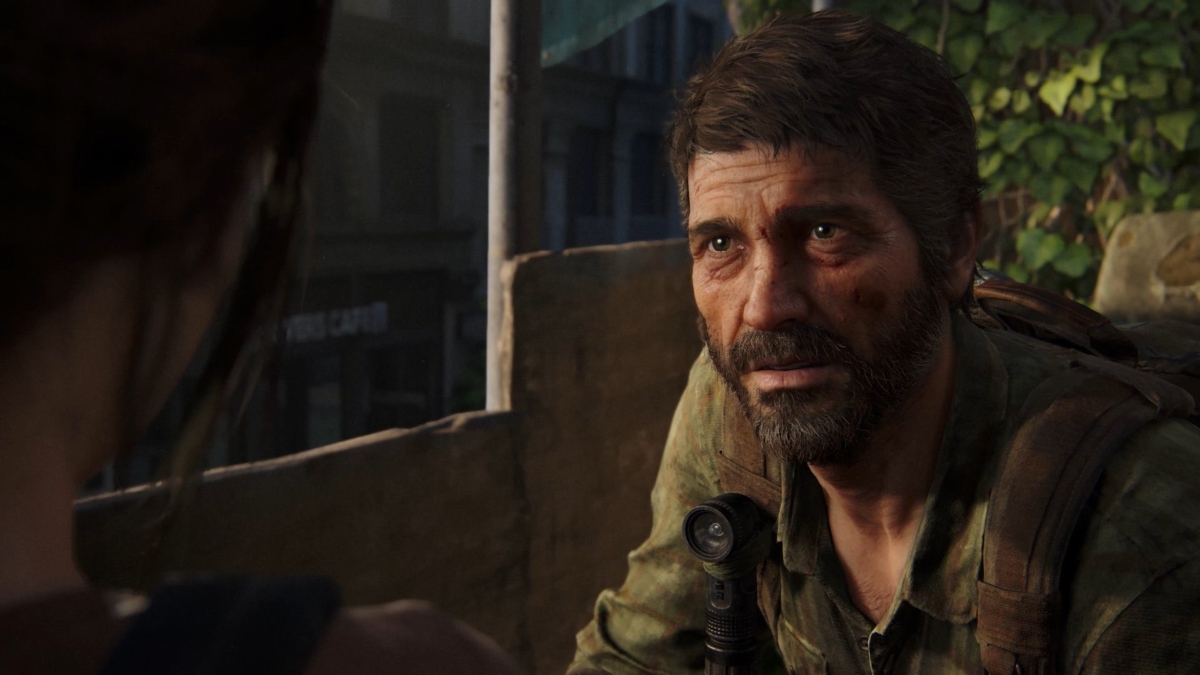
Playing The Last of Us is an entirely different experience than watching it. The interactivity that defines video games allows for a deeper intimacy between the audience and the characters, and the game’s now-famous ending — which forces players to do some pretty awful things — feels much more visceral when it’s us pulling the trigger. The blurred line between player and character has been a divisive but artful statement about games as a whole since its release. So, why wouldn’t people want to play the game while watching the show? Releasing the game on March 28, a full two weeks after the finale, doesn’t do anything to protect the sanctity of the performances or keep viewers strung along for the ride — odds are, if someone bought a $70 copy of your game, they’re already invested. Sales for the game (the console versions, that is) skyrocketed after the series premiere, and it would follow that there was a lot of money left on the table with regard to the PC gamer crowd. Two weeks is a long time to miss the cultural wave; the social-media-infused bite-sized discourse machine churns out new fads and main characters faster than a Charlie Chaplin/I Love Lucy/Drake and Josh skit.
In retrospect, the answer for the belated release date is clearly time. As in, Naughty Dog and their support studio, Iron Galaxy, needed time to make sure the port was ready. It did not matter. Upon release, the port was riddled with bugs and glitches, rendering one of the industry’s premiere games hilariously broken and neigh unplayable. There are a few reasons the name Iron Galaxy Studios may ring a bell for some: their wrestling battle royal Rumbleverse shut down in February (one of many to do so this year alone); the studio took over development from Rare on the Xbox One reboot of Killer Instinct; and it was responsible for the utterly broken PC port of Batman: Arkham Knight. Butchering the final game in the Arkham trilogy has continued to haunt Iron Galaxy and its reputation, but otherwise, it’s delivered several decent ports since. In fact, the team did a fairly serviceable job working with Naughty Dog to bring Uncharted: Legacy of Thieves Collection — a remastered pairing of Uncharted 4: A Thief’s End and the standalone Uncharted: Lost Legacy — to PC last October.
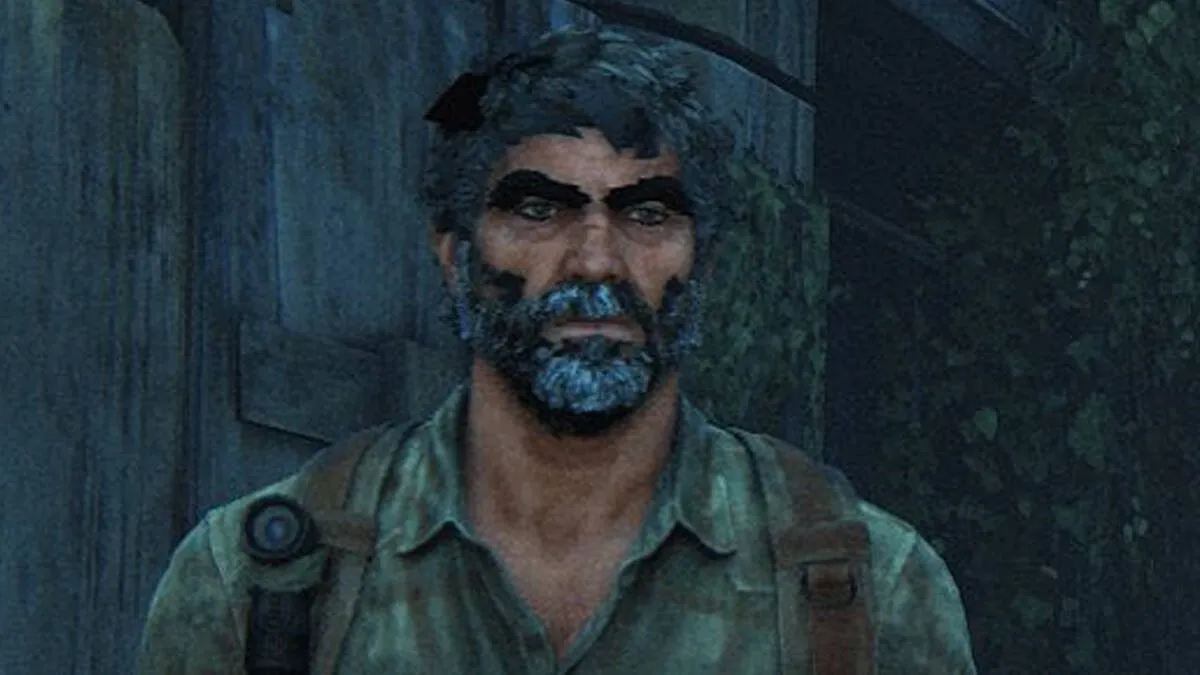
None of this is meant to cast judgment on Iron Galaxy as a whole; the studio’s successful PC ports outweigh its failures. But its work has never been phenomenal, and its developed a reputation for not optimizing and polishing its PC ports enough to make those versions the preferred way to play, especially not at launch. Then again, it’s rare that Sony and their studios pick developers who are actually up to the job. Horizon: Zero Dawn was ported by Virtuous, a Singapore-founded studio that provided original developer Guerilla Games with art support before attempting to make a PC game for the first time ever with Horizon’s port. It launched with, you guessed it, problems! (Their most recent port/remaster, The Outer Worlds Spacer’s Choice Edition, has also been heavily criticized for poor performance). Alternatively, Spider-Man Remastered and God of War (2018) — ported by Nixxes and Jetpack Interactive respectively — were almost as good or better than their original incarnations.
A 50% success rate for Sony’s most successful games is worrying, mostly because it speaks to the blatant disrespect and misunderstanding the company has for the PC market. The Last of Us Part 1 on PC represents Sony’s first real misfire in the franchise — sales figures have yet to be released, but nearly 15,000 reviews have been written, and most are not happy customers. By isolating potential fans during their peak interest by giving them a broken port, Sony and Naughty Dog have only added to the complexity of why The Last of Us Part 1 exists. Who does this port please? Who is it made for? What does this signal about the announced port of Ghost of Tsushima (which is also getting a movie), both in regard to quality and sales? The only question with a clear answer: who does this benefit? Sony. Because each angry review still amounts to $70 in their pocket.

